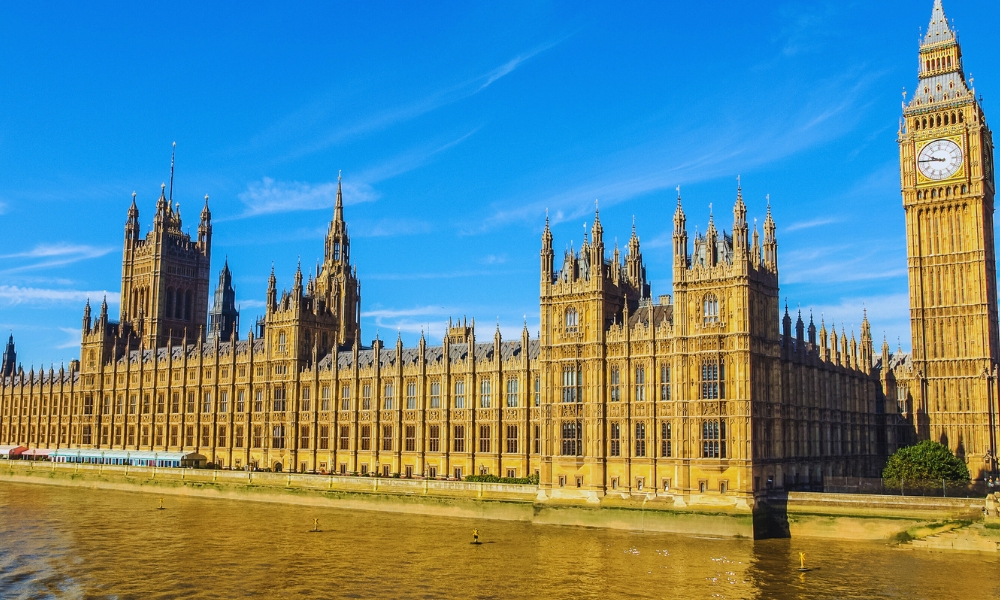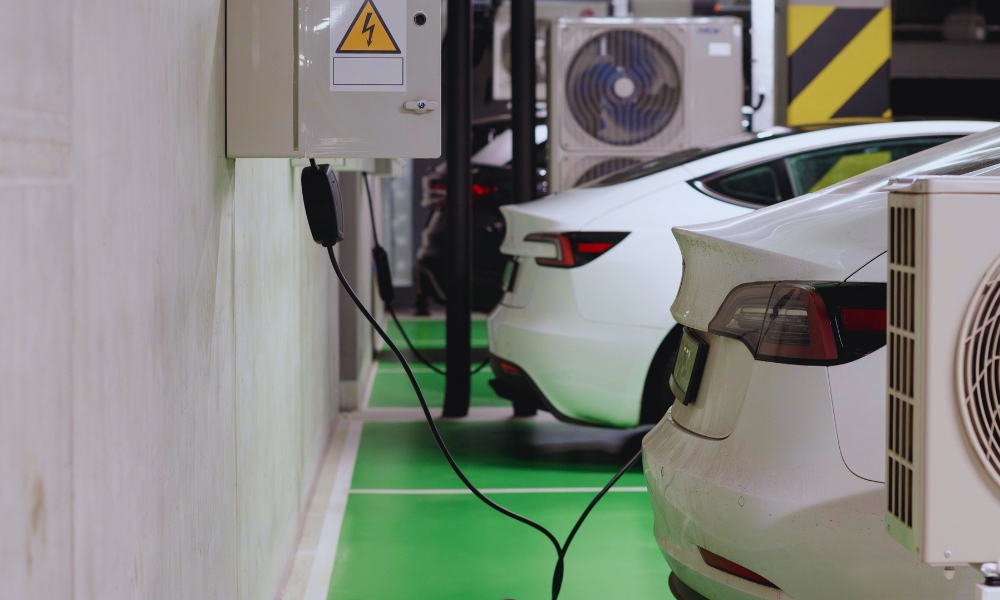EV Drivers Potentially Targeted in November Budget
Could a New EV Surcharge Stall the Switch to Electric for Businesses?
The Chancellor, Rachel Reeves, is reportedly considering new ways to raise revenue from electric vehicle (EV) drivers in the next Budget – in a move that could reshape the economics of running an electric fleet.
Treasury officials are understood to be weighing up several options, including a weight-based levy or a pay-per-mile system for EVs.
The proposal would apply to the 1.3 million electric car and van drivers currently on the road, as the Treasury looks to ensure “all drivers pay their fair share” toward maintaining the UK’s transport network.
The debate comes as the Government faces a £30 billion shortfall, with both tax rises and spending cuts said to be on the table.
While no final decision has been made, the idea of introducing new costs for EV drivers is already stirring concern among motorists, businesses, and industry groups.
The issue of “fair share”
At the heart of the argument is fairness.
Currently, EV drivers of course avoid paying fuel duty, a charge that contributes roughly £480 per year for the average petrol or diesel motorist.
That revenue helps fund public services, including road repairs, hospitals, and schools.
Since April, electric vehicles have been subject to Vehicle Excise Duty (VED) – around £195 per year for a standard model – but this still leaves a significant gap compared with the tax collected from internal combustion engine (ICE) vehicles.
From the Treasury’s perspective, it’s a fiscal imbalance that will only grow as more drivers go electric.
However, for businesses that have already invested heavily in low-emission vehicles, the prospect of new charges could feel like a step backwards.
The impact on smaller fleets and SMEs
For large national fleets, any new EV levy will be a frustration – but one they may be able to absorb. For smaller fleets and SME operators, the effect could be more severe.
Many small businesses have only recently started to explore electrification.
They’ve done so on the promise of lower running costs, reduced maintenance, and incentives designed to offset higher purchase prices.
Introducing a new surcharge risks undermining that confidence at exactly the moment the Government needs smaller firms to follow larger fleets in making the switch.
For tradespeople, delivery services, and regional operators, every pound counts.
The economics of electric vehicles are finely balanced, and even modest new charges could tip the scales – delaying adoption plans or pushing businesses back toward diesel.

Balancing budgets and behaviour
Few dispute the need for the Treasury to plug its financial gap.
Fuel duty has been frozen for fifteen years, and revenues are falling sharply as electric vehicles replace traditional engines.
With the public finances under strain, it’s understandable that the Chancellor is looking for sustainable long-term solutions.
But from a fleet management and brokerage perspective, the way this policy is introduced matters as much as the principle behind it.
If new EV taxes arrive too soon or hit smaller operators hardest, they risk slowing the market just as electric van and car sales are gaining real momentum.
Recent registration data shows electric van sales up by more than 40% year-on-year, and electric cars continue to take a growing share of new registrations.
For many fleet operators, the transition to electric vehicles is now moving from pilot stage to full rollout. A sudden policy shift could stall that progress.
A smarter approach
A fairer solution might lie in gradual reform.
A distance-based road pricing system, for example, could apply equally to all vehicles, regardless of fuel type.
This would ensure road users contribute fairly while maintaining the financial advantages of going electric – crucial for encouraging adoption across SMEs.
Another option could be tiered taxation based on mileage, emissions, or vehicle weight, reflecting genuine road use rather than penalising businesses investing in cleaner transport.

Why this matters for business confidence
The EV transition isn’t just an environmental issue; it’s an economic one.
Businesses need certainty to plan fleet investments, financing, and charging infrastructure.
Constant changes to incentives or taxation risk undermining that confidence and discouraging the very investment needed to meet the UK’s net-zero goals.
As a fleet management and brokerage partner, we’re already seeing some smaller firms hesitate – not because they don’t believe in electric – but because they fear shifting goalposts.
Businesses want clarity.
They want to know the rules won’t change halfway through a lease term.
Navigating the transition to EV
It is certain that Rachel Reeves faces difficult choices in the up-coming Budget.
Raising revenue without slowing the transition to cleaner transport will require careful balance. Ensuring EV drivers contribute fairly is reasonable, but timing and design will be critical.
If one of the core benefits of switching – lower running costs – disappears too quickly, it risks sending the wrong message to the very businesses the Government needs on side.
Encouraging electric adoption and maintaining public revenues don’t have to be mutually exclusive.
But getting the balance right will be essential if the UK’s move to zero-emission transport is to stay on track.
We will be keeping an eye on the budget and ready to react to whatever news it brings. If you have any questions or concerns in relation to the implications the budget may have on your fleet – please don’t hesitate to drop me a line.
